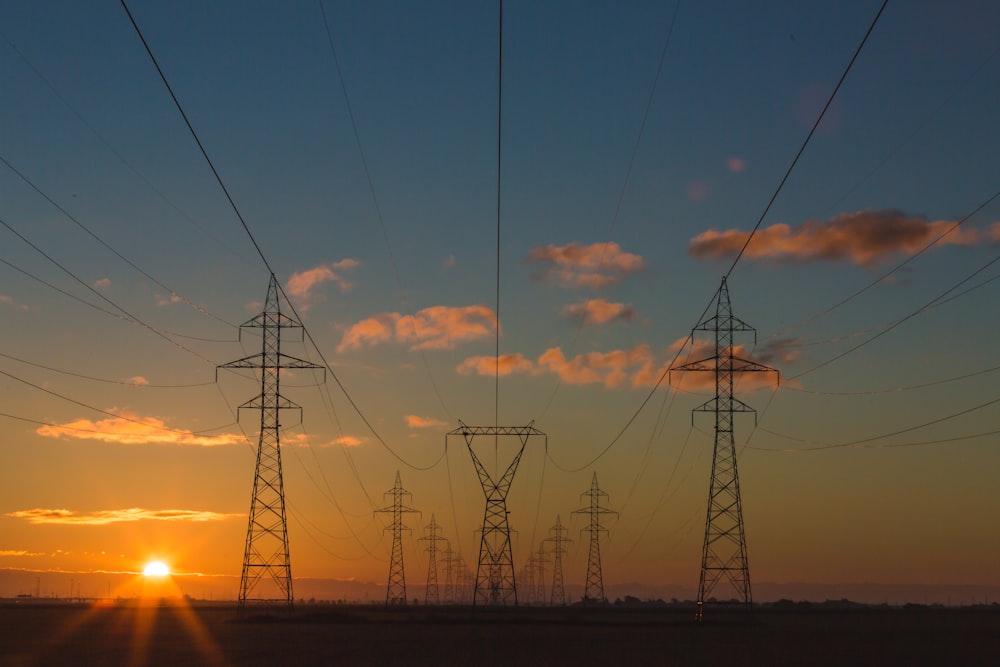
Fossil Fuels Non-Renewable Energy Sources
Understanding the Dynamics of Non-Renewable Energy Sources
Introduction to Non-Renewable Energy
Non-renewable energy sources have long been the backbone of global energy production, powering industries, transportation, and households around the world. These energy sources, including fossil fuels like coal, oil, and natural gas, as well as nuclear energy, are characterized by their finite nature and reliance on extraction processes that have significant environmental impacts.
Fossil Fuels: The Dominant Players
Fossil fuels, namely coal, oil, and natural gas, have historically dominated the global energy landscape due to their abundance, accessibility, and high energy density. However, their widespread use has led to environmental challenges such as air and water pollution, habitat destruction, and greenhouse gas emissions, contributing to climate change and other ecological disruptions.
Coal: The Workhorse of Energy Production
Coal has been a cornerstone of industrialization and energy production for centuries, powering steam engines, electricity generation, and manufacturing processes. Despite advancements in cleaner technologies, coal remains a prominent source of energy in many parts of the world, particularly in developing countries where access to affordable energy is critical for economic growth.
Oil: Fuelling Transportation and Beyond
Oil, also known as petroleum, is the lifeblood of modern transportation, fueling cars, trucks, airplanes, and ships that keep global commerce moving. In addition to transportation, oil is used in various industries to manufacture plastics, chemicals, and other petroleum-based products. However, its extraction, transportation, and combustion pose significant environmental risks, including oil spills, habitat destruction, and air pollution.
Natural Gas: A Cleaner Alternative?
Natural gas is often touted as a cleaner alternative to coal and oil due to its lower carbon emissions and higher energy efficiency. It is used for electricity generation, heating, and cooking in residential, commercial, and industrial applications. However, the extraction technique known as hydraulic fracturing, or fracking, raises concerns about groundwater contamination and methane emissions, undermining its reputation as a “clean” fuel.
Nuclear Energy: Powering the Future?
Nuclear energy, derived from the fission of uranium or plutonium atoms, offers a low-carbon alternative to fossil fuels for electricity generation. Despite its potential as a reliable and scalable energy source, nuclear power plants face challenges related to safety, radioactive waste disposal, and public perception. The high costs of nuclear plant construction and decommissioning further complicate its viability as a long-term energy solution.
Environmental and Social Impacts
The extraction, processing, and combustion of non-renewable energy sources have profound environmental and social implications. From habitat destruction and biodiversity loss to air and water pollution, these impacts extend far beyond the immediate vicinity of energy production sites, affecting ecosystems, communities, and public health on a global scale. Additionally, the reliance on finite resources raises concerns about energy security and geopolitical instability.
Transitioning to a Sustainable Future
As the global community grapples with the challenges of climate change, pollution, and resource depletion, there is growing recognition of the need to transition away from non-renewable energy sources towards cleaner, more sustainable alternatives. Renewable energy technologies such as solar, wind, hydroelectric, and geothermal offer promising solutions to meet energy demands while minimizing environmental impacts and promoting economic prosperity.
Embracing Renewable Energy Solutions
Renewable Energy Magazine explores the latest advancements in renewable energy technologies, policy developments, and industry trends, providing readers with valuable insights and resources to navigate the transition to a sustainable energy future. By promoting innovation, collaboration, and informed decision-making, Renewable Energy Magazine empowers individuals, businesses, and policymakers to embrace renewable energy solutions and build a cleaner, greener world for future generations.
To learn more about the dynamics of non-renewable energy sources and explore sustainable alternatives, visit Non-Renewable Energy Sources and join the conversation about shaping a more sustainable energy future.



